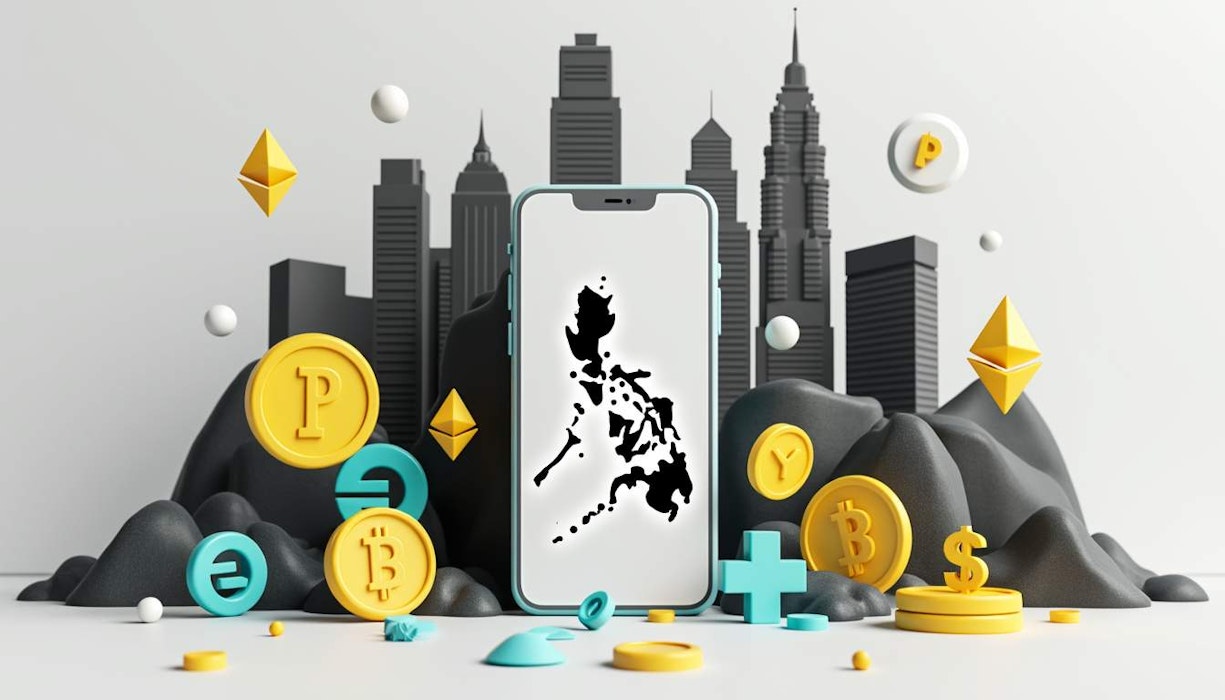The Philippines is stepping up with their new regulations for the crypto world. They're one of the leaders in crypto adoption, and now they’re taking bold steps to protect investors while also promoting innovation. Let’s break down what these new regulations entail, how they compare to other emerging markets, and what kind of impact they could have globally.
Overview of the New Regulations
The Philippine Securities and Exchange Commission (SEC) recently announced their new guidelines to tighten oversight of the growing crypto sector. They’ve introduced the "Rules on Crypto-Assets Service Providers (CASP Rules)", which are currently open to public comment. These rules are designed to fight fraud and market manipulation while ensuring that investors are protected and innovation is nurtured in the digital asset market.
With a median age of 25, the Philippines has a young and tech-savvy population that has embraced digital currencies. Reports suggest that they’re among the top countries for global crypto adoption, with over 562 million users worldwide.
Key Points of the Regulations
The new rules require that all crypto-asset sales provide a detailed information document to the public at least 30 days before any public sale. This document has to outline all the potential risks of the investment, making sure that investors know what they’re getting into.
They’re also imposing strict penalties for any non-compliance, including hefty fines and possible prison time. So, they’re really trying to ensure that crypto-asset service providers are transparent and accountable.
Comparison to Other Emerging Markets
When you stack the Philippines' regulations against other emerging markets, they look more organized and facilitative. A lot of emerging markets and developing economies (EMDEs) are struggling with limited resources and macro-economic instability. This often leads them to either partially or fully ban crypto activities. The Philippines, however, is taking a more proactive approach.
Take Central and Southern Asia for example. Some countries like India, Pakistan, and Vietnam have all over the place regulatory environments. India has a tough regulatory and tax environment with high taxes on crypto transactions, but they've at least clarified some money laundering rules. Then you have Pakistan and Vietnam where P2P exchanges are thriving due to stricter capital controls. The Philippines is offering tax advantages and regulatory sandboxes, which is a breath of fresh air for the crypto sector.
Potential Global Impact
These new regulations from the Philippines could have a significant impact on global trends in crypto adoption and regulation. By raising the bar for investor protection and regulatory oversight, they’re setting themselves up as a model for other countries that want to promote innovation but also protect investors.
The compliance measures are stringent, with serious penalties for those who don’t comply. This shows a solid commitment to enforcement and could potentially influence other nations to adopt similar measures, leading to a more regulated and stable global crypto market.
Furthermore, the Philippines' proactive stance could attract both institutional and retail investors worldwide. Institutional investors from developed nations might see the Philippines as a positive example and get more involved in the market. For retail users, especially in areas where crypto is used for everyday transactions and remittances, the Philippines' approach could offer valuable insights and best practices.
Summary
In summary, the Philippines are taking a more organized and facilitative route with their crypto regulations compared to many other emerging markets. By prioritizing higher standards for investor protection, compliance, and enforcement, they’re positioning themselves as a front-runner in the global crypto scene. As more countries implement similar regulatory frameworks, we might see greater consistency and cooperation in regulating the global crypto market, reducing risks associated with cross-border transactions and financial crimes.
The future of crypto regulation is looking bright, with the Philippines leading the charge.
